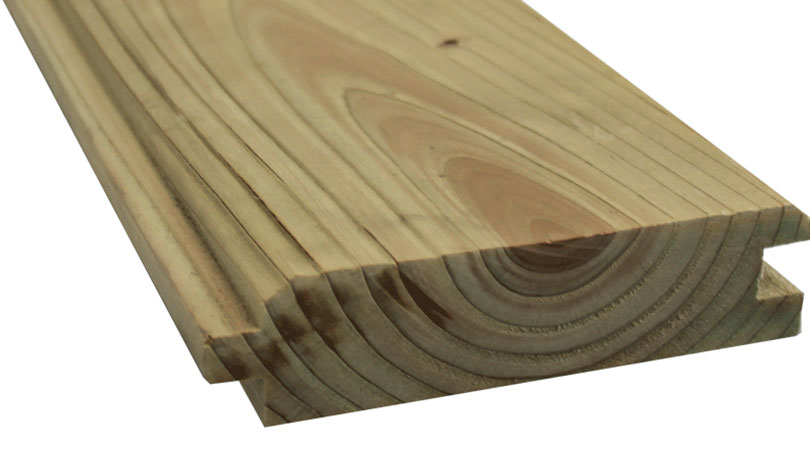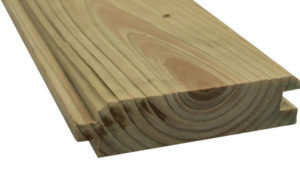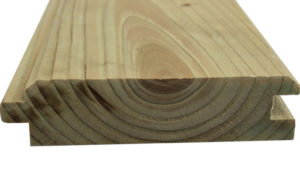
06 Feb The Strength and Popularity Of Timber Stockwalling
A trusted type of agricultural fencing, timber stockwalling is a popular choice for landowners who want to protect livestock and crops. But what makes it so strong, and why has it become a popular choice for many? Let’s explore the strength and popularity of wooden stockwalling.
Treated Whitewood Timber Stockwalling
High-quality whitewood is a popular material for the construction of strong agricultural fencing, including the traditional method of stockwalling. Timber stockwalling, also known as Dungwalling or Dungboarding, is a type of tongue-and-groove softwood board that interlocks to create a strong wall, which is ideal for cattle and other livestock buildings.
Pressure Treated Timber
Brookridge Timber, a leading south west timber supplier, offers a range of pressure-treated TGV profiles in whitewood that interlock with each other to prevent drafts, while still allowing for some movement of the timber as it absorbs and releases moisture. We provide a variety of pressure treatments for our timber fencing products, including high-pressure treatment, which is carried out in accordance with BS8417, the industry code of practice for the preservative treatment of timber.

Longer Life
The pressure treatment process greatly extends the service life of timber stockwalling, making it resistant to wood decay and insect attack. Brookridge Timber’s pressure treatment processes are controlled in an ISO 9001-audited factory and are available in either green or brown.
Timber Stockwalling From A Sustainable Source
It’s important to note that all of Brookridge Timber’s products, including stockwall boards, are sourced sustainably and come with either FSC® or PEFC certification. This ensures that the company’s products are environmentally responsible and come from well-managed forests.
Why A TongueAnd Groove Design Works So Well For Timber Stockwalling

Tongue-and-groove joints are commonly used in timber fencing, including timber stockwalling fencing, for several reasons:
- Strength. The interlocking design of tongue-and-groove joints adds stability and strength to the fence, making it better able to withstand the weight of livestock and other stressors.
- Weather resistance. The tight fit of the joint helps prevent water and air from infiltrating the fence, which can cause the wood to rot or warp over time.
- Aesthetics. Tongue-and-groove joints create a seamless appearance for the fence, which can be aesthetically pleasing and enhance the look of the property.
- Ease of installation. These joints simplify the installation process as the boards can be easily fitted together without the need for additional hardware.
- Noise reduction. The tight fit of the joint can reduce noise from wind and other sources, making the fence more effective at reducing noise pollution.
Timber Stockwalling From A Leading Somerset Timber Supplier
Whitewood is a particularly versatile material that is very well-suited for the construction of strong agricultural timber fencing, such as timber stockwalling. With pressure treatment from Brookridge Timber, these stockwalling boards become even more durable, with improved resistance to wood decay and insect attack. The use of sustainable materials and responsible forestry practices make Brookridge Timber’s stockwalling boards an excellent choice for farmers and landowners looking for strong and reliable fencing for their livestock.


No Comments